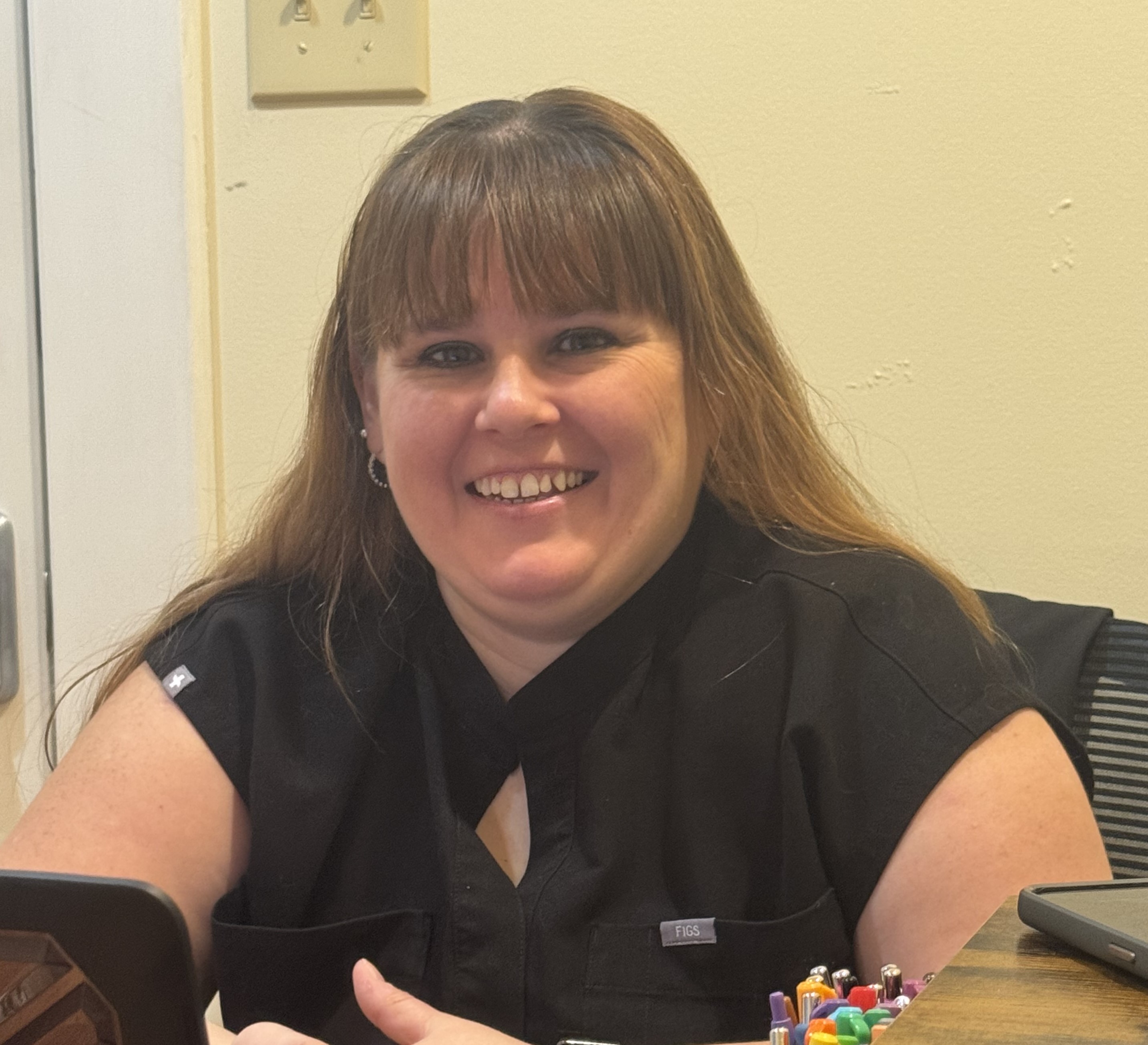What types of psychiatric medicines do psychiatrists prescribe?
Psychiatrists can prescribe various medications to help manage your mental health symptoms. Learn more about these and other options available through psychiatry.
Psychiatrists are medical doctors who specialize in the treatment of mental illness and emotional disorders. They may prescribe medications to help manage the symptoms of these conditions. Some common types of medications that a psychiatrist might prescribe include:
- Antidepressants: These medications are used to treat depression and other mood disorders. They work by balancing chemicals in the brain that affect mood and behavior.
- Antipsychotics: These medications are used to treat psychosis, which is a severe mental disorder characterized by a loss of contact with reality. Antipsychotics work by altering the activity of certain chemicals in the brain.
- Mood stabilizers: These medications are used to treat mood disorders such as bipolar disorder, which is characterized by extreme mood swings. They work by balancing chemicals in the brain that affect mood.
- Anti-anxiety medications: These medications are used to treat anxiety disorders, which are characterized by excessive worry, anxiety, or fear. They work by decreasing the activity of certain chemicals in the brain that contribute to anxiety.
It's important to note that medication is just one aspect of treatment for mental health conditions. Many people find that a combination of medication and therapy is the most effective way to manage their symptoms.
- Anxiety Treatment in Saint Louis, MO
- Depression Treatment Center in Saint Louis, MO
- Compassionate Trauma Therapy & PTSD Specialists in St. Louis, MO
- Grief Counseling in Saint Louis, MO
- Life Satisfaction
- Mood Disorders Treatment Center in Saint Louis, MO
- Online Therapy
- Online Therapy for College Students in Missouri

What else can psychiatrists do for depression?
In addition to prescribing medication, psychiatrists can also provide other forms of treatment for depression. These may include:
- Psychotherapy: This form of treatment involves talking with a therapist about your feelings, thoughts, and behaviors in order to better understand and manage your symptoms. There are several different types of psychotherapy that can be effective in treating depression, including cognitive-behavioral therapy (CBT), which focuses on changing negative thought patterns, and interpersonal therapy (IPT), which focuses on improving communication and relationships.
- Electroconvulsive therapy (ECT): This form of treatment involves the use of electrical currents to stimulate the brain. It is usually only recommended for people who have severe depression that has not responded to other forms of treatment.
- Transcranial magnetic stimulation (TMS): This form of treatment involves the use of a magnetic field to stimulate specific areas of the brain. It is usually only recommended for people who have not responded to other forms of treatment.
It's important to note that treatment for depression should be tailored to the individual and may involve a combination of different approaches. It may also take some time to find the most effective treatment, so it's important to be patient and work closely with your psychiatric team.
What if that doesn’t work?
If the initial treatment for depression does not work or is not effective in managing your symptoms, your psychiatrist may recommend trying a different approach. This may involve adjusting the dosage or switching to a different medication, trying a different type of therapy, or combining different treatments.
It's important to keep in mind that finding the most effective treatment for depression can take time and may require trying different approaches. It's important to be patient and work closely with your psychiatric team to find the best treatment plan for you.
If you are feeling overwhelmed or are having thoughts of self-harm, it's very important to seek immediate help. You can call the National Suicide Prevention Lifeline at 1-800-273-TALK (8255) for 24/7 support. You can also speak with a trusted friend or family member, or reach out to a mental health professional for help.
What genetic tests can a psychiatrist run?
Psychiatrists can use genetic testing to help identify the underlying causes of certain mental health conditions and to inform treatment decisions. Some examples of genetic tests that a psychiatrist may order include:
- Single-gene tests: These tests look for specific genetic mutations that are known to be associated with certain mental health conditions, such as Alzheimer's disease or schizophrenia.
- Chromosomal microarray analysis (CMA): This test looks for small changes in the DNA code on chromosomes that may be associated with certain mental health conditions.
- Genome-wide association studies (GWAS): These tests look for genetic variations that may be associated with certain mental health conditions by analyzing thousands of genetic markers across the entire genome.
- Genetic panel tests: These tests look for genetic mutations that are known to be associated with a specific mental health condition or group of conditions.
Genetic testing is just one aspect of diagnosis and treatment for mental health conditions. Other factors, such as a person's medical and family history, psychological and social environment, and overall health and well-being, also play a role in the development and management of mental health conditions.
We're here to help!
If you would like to speak with someone today about these issues for yourself or a loved one, Open Arms Wellness has compassionate therapists ready to help. Call today to schedule an appointment or a free consultation with one of our qualified professionals. We offer individual, couples, and group therapy options; virtual and in-person.
Our friendly and knowledgeable staff will listen to your needs and help guide you to the provider who is best for you or your loved one.
or call now to get started: (314) 329-4326
This article was published with assistance from a language model trained by OpenAI.




